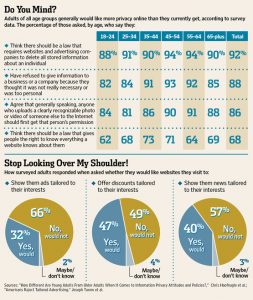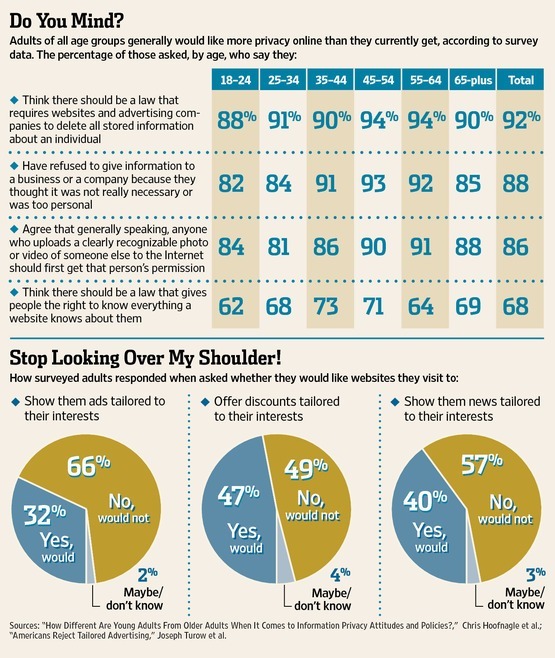Alan Westin’s well-known and often-used privacy segmentation fails to describe privacy markets or consumer choices accurately. It describes the average consumer as a “privacy pragmatist” who influences market offerings by weighing the costs and benefits of services and making choices consistent with his or her privacy preferences. Yet, Westin’s segmentation methods cannot establish that users are pragmatic in theory or in practice. Textual analysis reveals that the segmentation fails theoretically. Original survey data suggests that, in practice, most consumers are not aware of privacy rules and practices, and make decisions in the marketplace with a flawed, yet optimistic, perception of protections. Instead of acting as “privacy pragmatists,” consumers experience a marketplace myopia that causes them to believe that they need not engage in privacy analysis of products and services.
Westin’s work has been used to justify a regulatory system where the burden of taking action to protect privacy rests on the very individuals who think it is already protected strongly by law. Based on knowledge-testing and attitudinal survey work, we suggest that Westin’s approach actually segments two recognizable privacy groups: the “privacy resilient” and the “privacy vulnerable.”
The most syncretic version of our work is Alan Westin’s Privacy Homo Economicus. Other works can be found here: Berkeley Consumer Privacy Survey Archive. We have also studied consumer attitudes towards mobile payments and payments more generally.

The Wall Street Journal reprinted some of our poll findings in Julia Angwin, How Much Should People Worry About the Loss of Online Privacy, The Wall Street Journal, Nov. 15, 2011. Why is this important? Reputable newspapers vet public opinion polls; Alan Westin’s–and many industry funded survey research efforts–could never pass that vetting.

